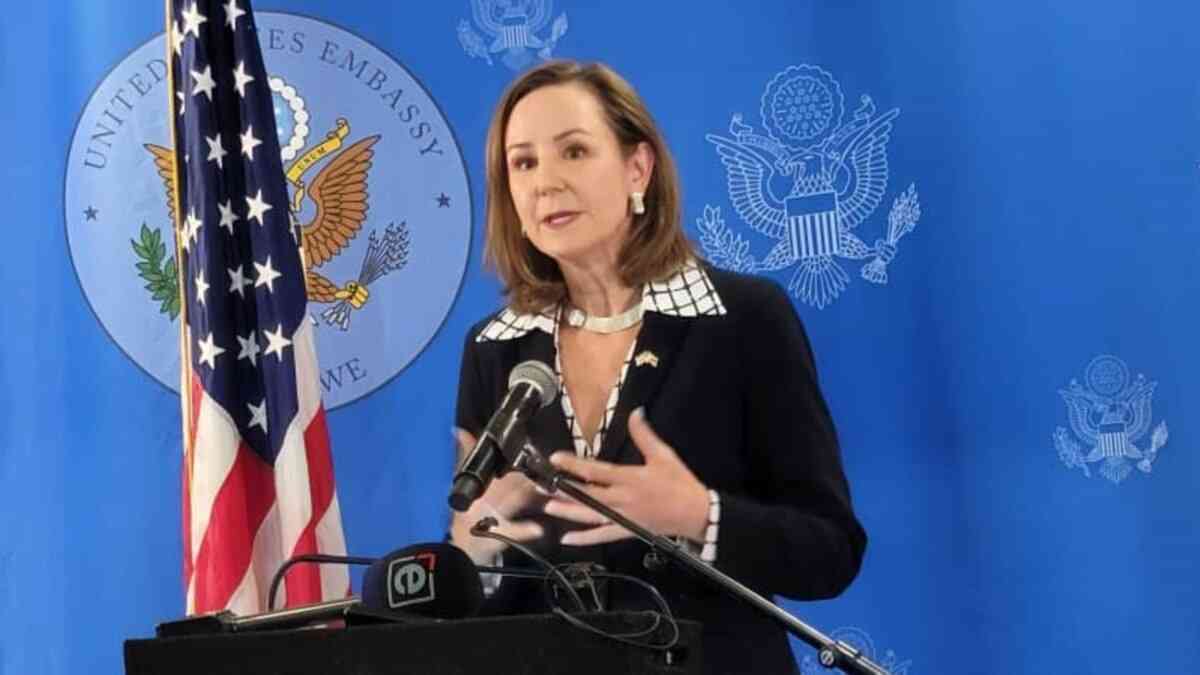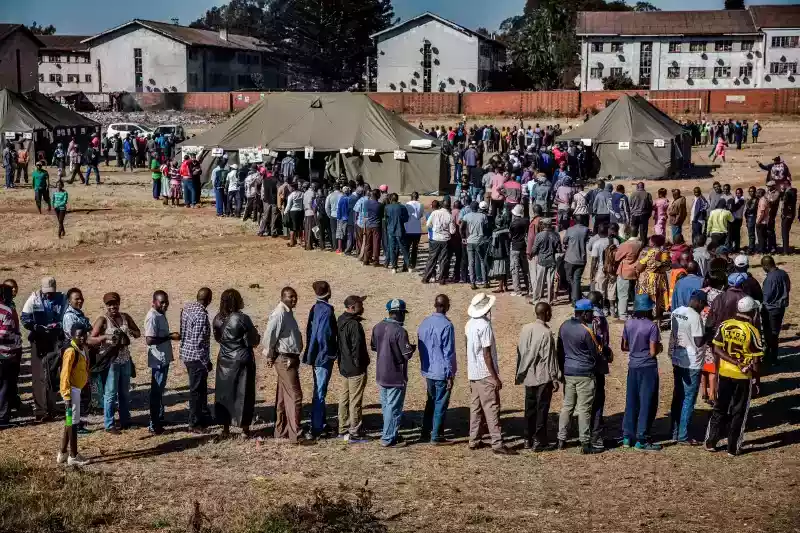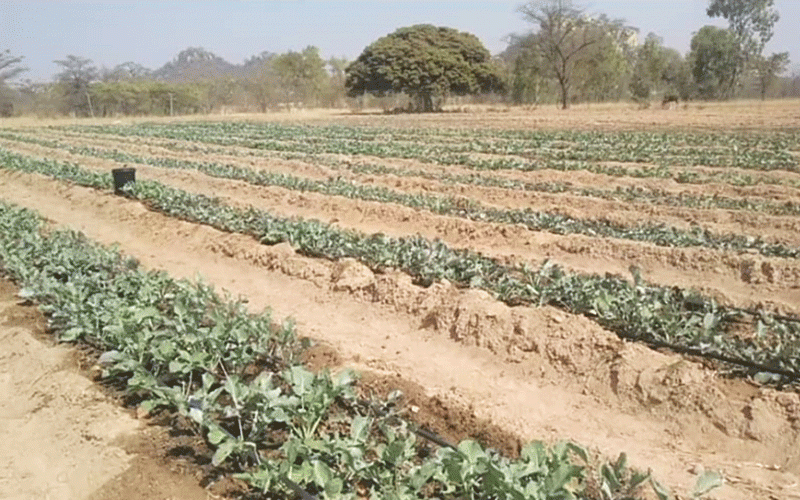
ZANU PF Hurungwe West MP Temba Mliswa last week accused Agriculture Minister Joseph Made of lying that the country would have a bumper maize harvest this year.
BY VENERANDA LANGA SENIOR PARLIAMENTARY REPORTER
Said Mliswa:“We have heard from the media that we will have a bumper harvest this season. In Mashonaland West 90 000 hectares worth of seed, 40 000 hectares worth of Compound D, and 25 000 hectares worth of Ammonium Nitrate was given to farmers. What criteria did they use to conclude that we’ll have a bumper harvest? In the previous years we have been told that there is a bumper harvest which never proved true?”
He said research officers in his constituency did not have adequate transport and it was questionable to conclude there would be a bumper harvest before the ministry has conducted field visits.
Mliswa was later ordered by Acting Speaker Rueben Marumahoko to withdraw the use of the word “lied” as the term was adjudged as offensive. Made, who was absent in the House was represented by his deputy (livestock) Paddy Zhanda.
Zhanda admitted that the ministry had not yet conducted field visits to make accurate crop assessments.
“It is true that the MP (Mliswa) read from print media and not from the official position of the ministry. It is also true that we have not done assessments for us to conclude that there is a bumper harvest or not,” Zhanda said.
This prompted Mliswa to intervene and ask: “Are you telling us that Made lied concerning the bumper harvest? Are we going to have a bumper harvest relative to the statistics I have given?”
- Chamisa under fire over US$120K donation
- Mavhunga puts DeMbare into Chibuku quarterfinals
- Pension funds bet on Cabora Bassa oilfields
- Councils defy govt fire tender directive
Keep Reading
Zhanda said bumper harvests could not be based on distribution of seed and fertilisers given to farmers by government, saying most farmers had sourced the inputs using their own resources.
He also said the Grain Marketing Board and CBZ had agreed on a payment plan to pay off $3,8 million owed to farmers for last year’s grain deliveries.
Over the past 10 years, Zimbabwe has been experiencing food shortages because of recurrent droughts, shortage of inputs and poor government support mechanisms. The country’s cereal requirements currently stand at about $2,5 million metric tonnes per year.











